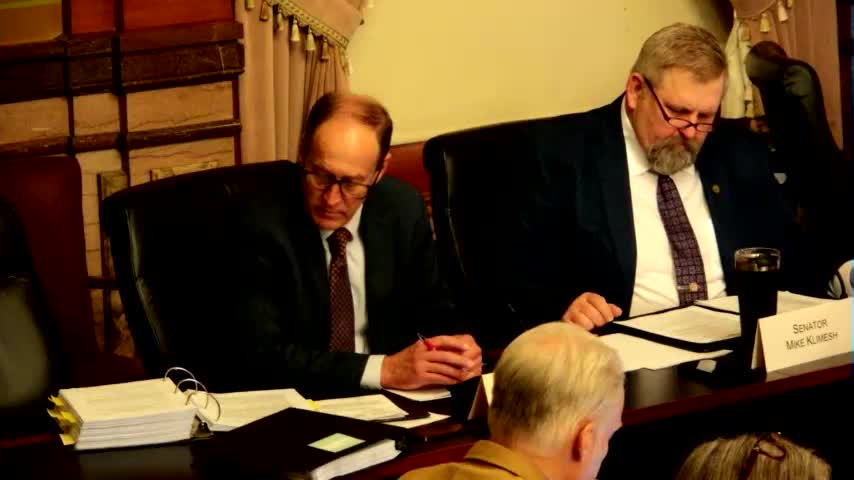Iowa Education rules tweak teacher-prep reporting, address foundations-of-reading concerns and "three-cueing" method
Get AI-powered insights, summaries, and transcripts
Subscribe
Summary
The Department of Education updated practitioner-preparation rules to reflect four new laws, clarified that a 90% pass-rate metric would trigger improvement plans (not automatic sanctions), and defended a ban on teaching the "three-cueing" method in foundational reading coursework.
Thomas Mayes, an attorney for the Iowa Department of Education, briefed the committee on rule changes to practitioner preparation that incorporate four pieces of recently enacted legislation.
Mayes explained that the notice revises practitioner-preparation rules and acknowledged two areas of public comment. First, several practitioner-preparation programs raised questions about a proposed 90% pass-rate threshold for the foundations-of-reading assessment for teacher candidates. Mayes clarified: "To be clear, a teacher candidate does not need to pass the exam to receive the endorsement. It is informational for the practitioner prep programs." He said if a program falls below the 90% threshold the draft rules would require the program to "put together a plan to improve its pass rate," not impose an automatic accreditation sanction.
Second, public comments addressed a prohibition on teaching the so-called "three-cueing" method in foundational reading coursework. Mayes summarized the department's subject-matter position: "The three-cueing method doesn't make students better readers. It makes them better guessers. And it doesn't actually teach how to decode and teach the relationship between the letters and the words on the page, the sounds they represent, the meanings they represent." He noted the prohibition targets foundational-reading coursework specifically, not other fields such as English-language or world-language teacher preparation where vocabulary and literature instruction may include different strategies.
Mayes told the committee that public-comment periods had closed and the department was still reviewing submissions about whether to clarify or revise the 90% metric and the reading-method language.
Why it matters: changes affect how teacher-preparation programs report candidate outcomes and the instructional methods taught in foundational-reading coursework. The department framed the reading-method change as a research-based correction intended to promote structured literacy in foundational instruction.
The committee accepted the department's explanation and had no further questions at that time.
